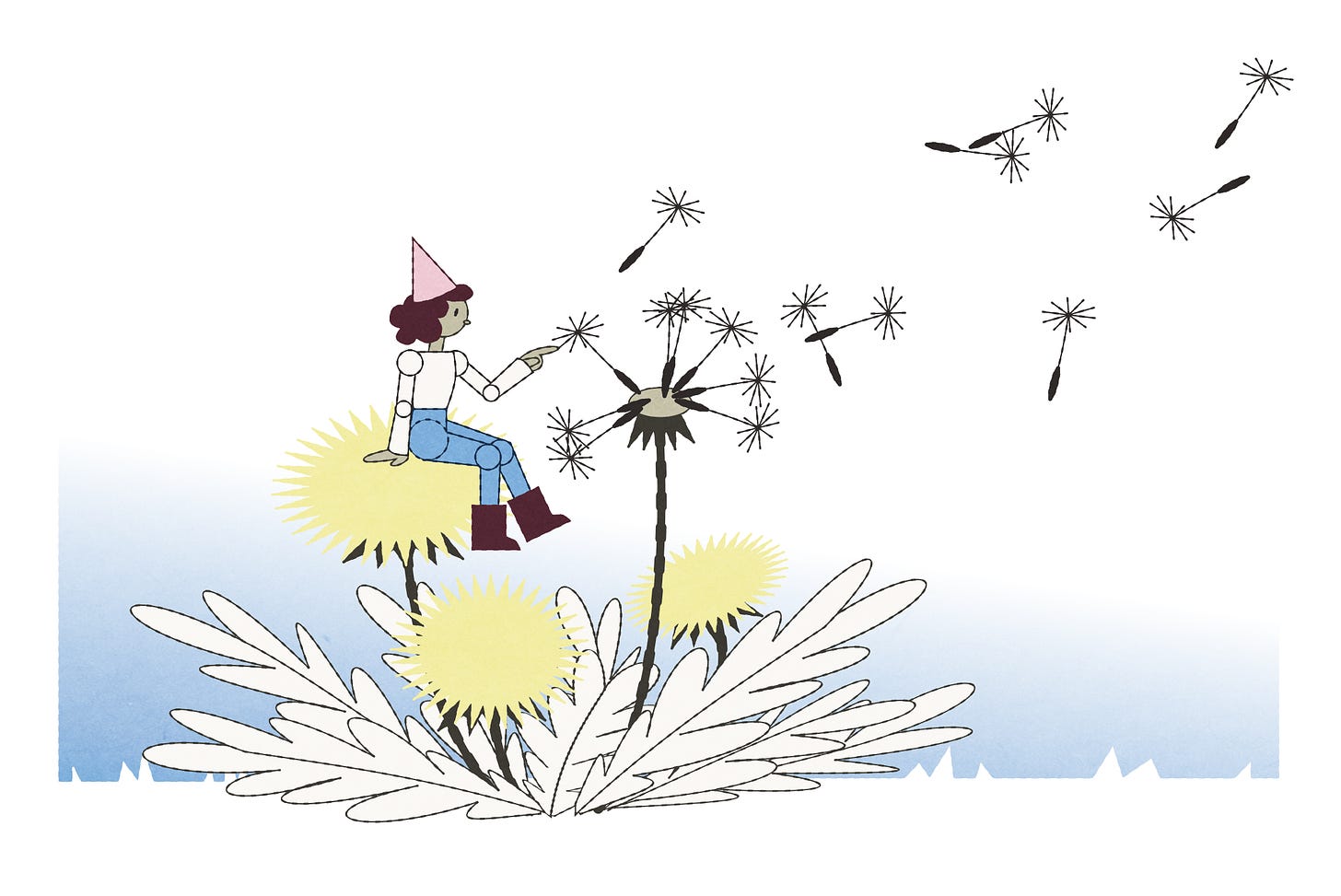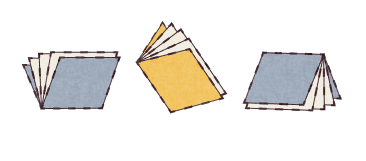Editor Insights: Drive Your Narrative with Cause & Effect
Part 4 of the 'Evaluate Your Work Like an Editor' Series with Steve Chang

This lesson is part of the Evaluate Your Writing Like an Editor series with Steve Chang — check out all the workshops HERE to explore what editors wish writers knew about crafting, revising, and submitting, with behind-the-Submittable insights that will transform your stories.
Read Like an Editor: Hitting the Payoff
Today, we’ll be looking at pre- and post-revision versions of Brittany Ackerman’s Boy Crazy (don’t read it yet), a heartbreaking flash that tracks the narrator’s evolving relationship to men, or the idea of men, as she grows toward a strategy that works.
We nominated this for Best of the Net and Best Small Fictions and, when you read the published version, you’ll see why.
I’ll talk to Brittany about how we revised and touch on:
Chronology vs Causality as engines
Arc, Argument, and Accrual: Part II
And ‘secret’ concurrent throughlines
First, check out the unrevised draft below and roleplay as an editor. Wherever you see thought bubble 💭 questions, take a minute to consider your own responses to the story. (No need to write anything down, but feel free to bring your ideas to the comments at the end of the lesson.)
💭 Now that you’re experts: consider, as you’re reading, whether this draft is a Snow Globe, Music Box, or Pinball Machine.
Boy Crazy by Brittany Ackerman
I.
The summer we moved to Florida was the same summer Bug Juice premiered on the Disney channel. We were living at the Westin hotel in Fort Lauderdale. We spent our days house hunting and our afternoons swimming in the hotel pool. We didn’t have any furniture. We didn’t know where we were going to school come fall. But it was June, and then July. And every Saturday night, I’d beg my brother to let me watch Bug Juice for the twenty-two minutes it aired.
There was a curly-haired girl named Stephanie. She said the girls in her cabin were mad at her because all she cared about was boys. They called her “boy crazy.” I watched Stephanie slow dance with boys at camp; I watched Stephanie walk around twirling her hair, flirting.
In the hotel elevator, I practiced slowly blinking my eyes. I played with my hands.
I wanted to sway on a wooden dance floor in the middle of the woods.
II.
I drank a Java Chip Frappuccino every Wednesday night during Lit Theory. I hated the class, but I liked using the green straw to spoon out whipped cream and lick it to stay awake. I wore Hollister sweatpants and Target flip-flops. My favorite top was this halter top that said I love you to the moon and back across the chest.
My boyfriend was forty-two. He worked as a financial advisor at some bank in Boca Raton. All we ever did was peck on the lips because I told him I was still heartbroken over someone else. He lived in a high-rise near the beach that had a lobby and a front desk. We met because he came into the sports bar where I worked. He was eating wings and drinking beer but I knew it wasn’t really his kind of place. He slipped his number into my checkbook.
He took me to the Seminole Hard Rock Casino. He lost money, I remember. If he’d won, he was supposed to buy me a purse.
When we got home, he started yelling. Why don’t I feel real? I wanted to ask, but instead I sat there on the edge of the bed and let him yell. It was easier to sit there and take it.
III.
The last boyfriend I had in LA asked me out by sneaking a note into a pack of Reese’s Cups. I wasn’t in the mood for chocolate, but he kept begging me to open the fridge and have the candy he brought.
I took us out to sushi for dinner, this place in Westwood that looked like somewhere they’d film a movie. It was a two-story restaurant with crystal chandeliers and gold columns. I paid for dinner because I could.
We mostly hung out in Westwood, my neighborhood, my neck of the woods. We saw a lot of movies. We once saw a Kung-Fu movie about a Samurai who leaves home and goes on this long adventure. There’s a love interest, but he leaves her to go find his true purpose.
Halfway through the movie, my boyfriend wanted to leave. We got frozen yogurt and he said it was stupid that I only got mochi in mine. But that was how I wanted it.
When he told me he was moving, as in leaving the state, as in no longer trying to make it work, I said we should meet up and talk. He said I always wanted to talk things to death.
I gave him a plastic bag of stuff he’d left at my house. It was mostly full of things he could easily replace like a spare toothbrush and some vitamins. But instead of folding up his silver bomber jacket nicely, I shoved it in the bag with everything else.
After that I stayed away from boys for a while. After that I wanted to pursue my true purpose. After that I was heartbroken, but it was better than dancing with the wrong person all the time.
💭 What do we think? Snow Globe, Music Box, or Pinball Machine?
Immediately, I latched onto this line: “I wanted to sway on a wooden dance floor in the middle of the woods.” It’s such a striking image of girlhood and unseen boys. This longing to be in one’s body, dancing freely in protected space. Vulnerable but hidden, exposed but untouched. I noted the absence of male gaze…or is it already internalized? Hidden, like the dancing narrator, in the open? I love ambiguity. I thought, Uh oh… things are NOT gonna go well for this kid.
And I was hooked.
In previous chats, we’ve covered how narration can talk its way toward revelation, release, or resolve. How it might attempt to convince itself or the reader that X is actually Y. How it might do so along an axis of Argument, not action. Well, there’s a little of all that in the draft of Boy Crazy.
When the narrator says in those final beats that she was done with boys for a while? I believe the resolve. But I wasn’t quite ready to buy the certainty of the reasoning: “...it was better than dancing with the wrong person all the time.”
I wondered why. Did we just not see enough wrong people?
💭 What do we think? What’s intriguing about this rough draft? What does it want to do or be? What adjustments should we recommend to shape it?
An Interview with Brittany Ackerman: Part 1
Steve: Brittany, what was the genesis of this story? Its original intent?






